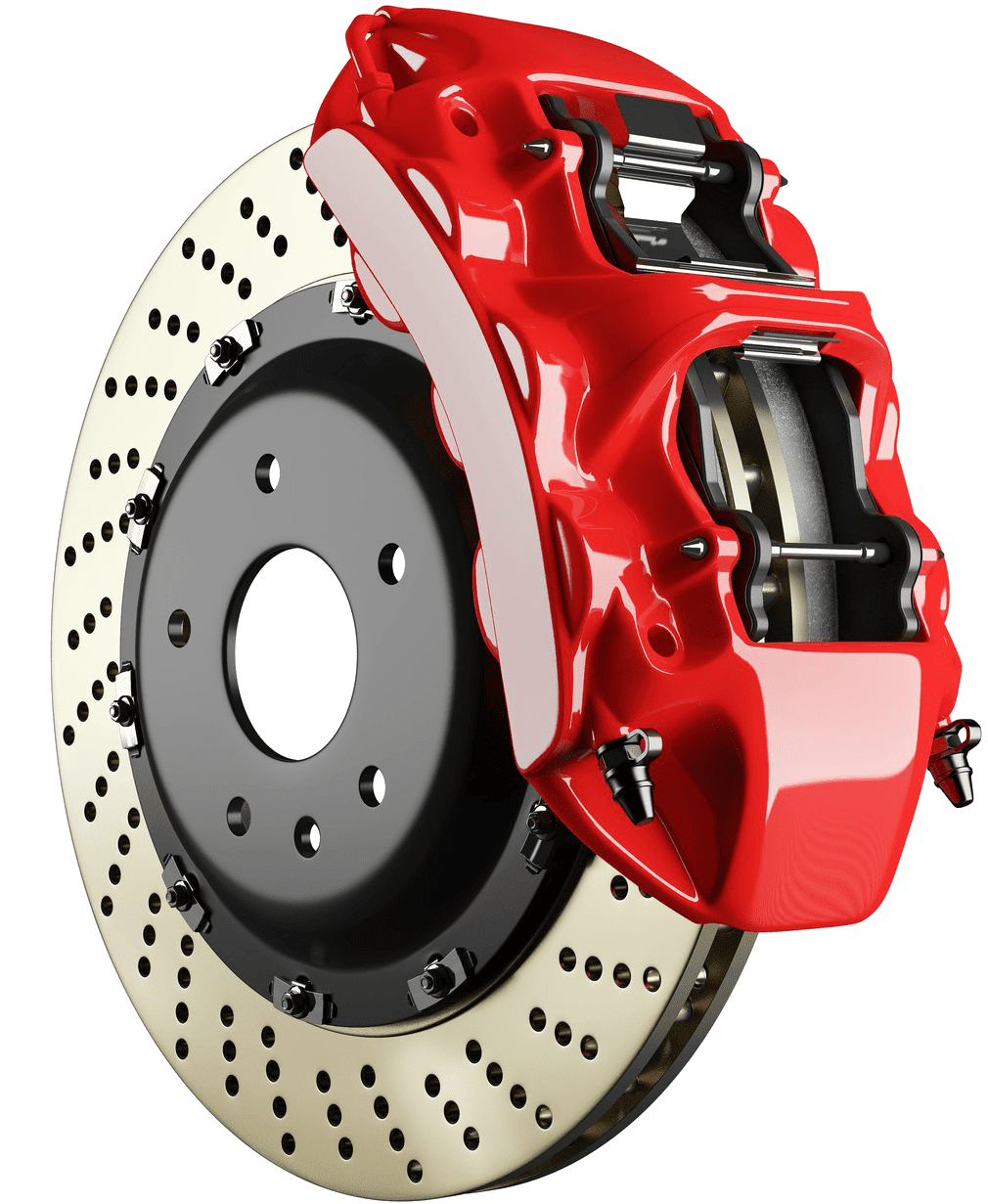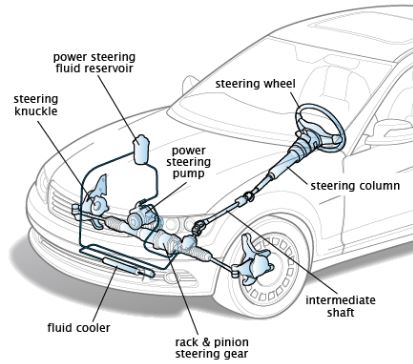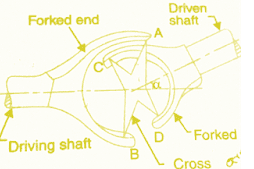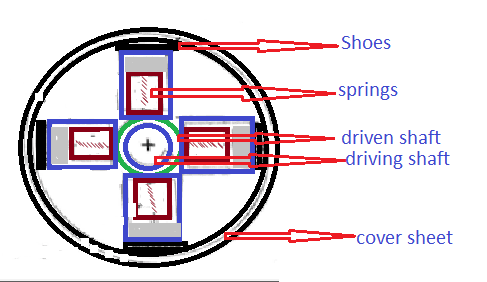Advantages and Disadvantages of Disc Brakes
What is a Disc Brake?
Disc brakes have a circular metal disc on each wheel which is fixed with a brake caliper to the axle. This system uses pads made from a rubber compound that presses against the discs, while drums use pads made from a metal alloy that press against steel rotors inside them.
Disc Brakes
The main Advantages & disadvantages of Disc Brakes are as follows:
Advantages of Disc Brakes:
- Disc brakes offer better stopping power than drum brakes.
- The friction caused by the disc brake pads is much more effective than that of the drum brake shoes.
- In disc braking, the force can be applied much more quickly to bring the vehicle to a stop.
- As well as this, disc brakes are also able to provide better control over lateral forces during braking and cornering.
- The main advantage of disc brakes is that they are easy to install and maintain.
- For better braking performance, disc brakes can be used on both front and rear wheels.
- It required less effort to apply brakes.
Disadvantages of Disc Brakes:
- The biggest disadvantage with disc brakes is that they are not as easy to repair as drum brakes.
- Disc brakes may lead to skids especially in wet conditions compared to drum brakes.
- Disc Brake assembly is a little complex to repair.
- The cost of discs is much higher than the conventional caliper brakes.
- The high cost of discs also makes them difficult to fit into small vehicles and motorcycles that have a limited budget for repairs.
- vehicles with disc brakes also have the tendency to overheat the caliper.
- It required a skilled person to repair it.



